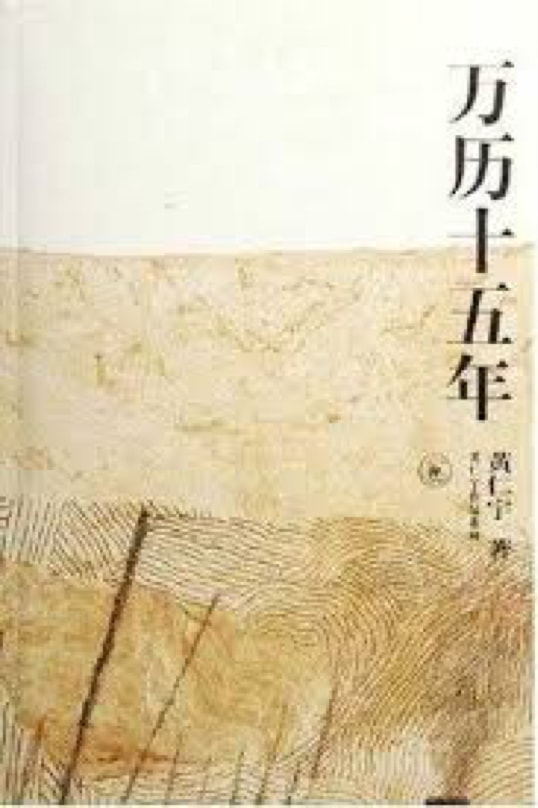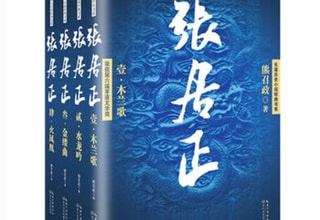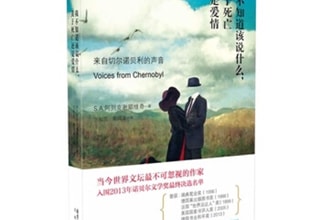
【😈Recommendation of good books】 "The Fifteen Years of Wanli"

Ming Dynasty is one of my most hated dynasties. The yearGDPis about The lowest of all dynasties, most emperors were not doing their jobs properly, and there were many cruel officials.
The Fifteen Years of Wanli is probably one of the most famous books in Ming history research. Its main feature is Mr. Huang Renyu's "big historical view"< /span>. A common view is that “Ming Dynasty died in Wanli” span>, and Mr. Huang Renyu believes that the signs of this decline have been foreshadowed as early as the fifteenth year of Wanli.
I appreciate this view. Many disasters start small, and summaries like this are helpful in learning from history.
Excerpt from the first paragraph of the book:
AD1587, in China is the fifteenth year of Wanli in the Ming Dynasty. It is Dinghai, which is a pig. On that day, the whole world was flat, and there were no major events to discuss throughout the year. Even though the weather was a bit abnormal, there was a lack of rain in Beijing in summer, epidemics were prevalent in May and June, and the drought extended to Shandong. After that, there was another earthquake in Shanxi, but this kind of small disaster and small disaster, given the size of our country, seems to be inevitable every year. As long as the little things don't lead to big disasters, it doesn't matter. In short, in history, the fifteenth year of Wanli was a mediocre year.
The book recounts the events surrounding several important figures in the Ming Dynasty in this dull year, including Zhang Juzheng and Shen Shixing in politics; Hai Rui among the cruel officials. ; Qi Jiguang in military affairs; Li Zhe in culture.
Analyze the decline and fall of the Ming Dynasty by connecting dots and lines.
The disadvantage is that the author did not clearly give the logical relationship of the influence of these people on the entire Ming Dynasty.
But for a layman like me, this book is enough to open up new perspectives on history. It even got me interested in Ming history. I read "Things in the Ming Dynasty" many years ago. Except for the easy and witty language in it, I still have no impression, and it has something to do with my young age at that time. But this "Fifteen Years of Wanli" has rekindled my interest in the Ming Dynasty, although I still don't like it,hhhh . After that, I read the book "Zhang Juzheng", and I will share it with you next time.
 Show Original
Show Original

【😈好书推荐】《万历十五年》

明朝是我最讨厌的朝代之一,年GDP大概是所有朝代最低的,皇帝大多不务正业,酷吏又多,实在是不适合老百姓生活的一个朝代。
《万历十五年》大概是明史研究中最出名的一本书之一。它的主要特点就是黄仁宇先生的“大历史观”。普遍的一个观点是“明朝亡于万历”,而黄仁宇先生认为这个衰亡的征兆早在万历十五年就埋下了伏笔。
就这种观点我是很欣赏的,很多灾难都始于微末,而且这类的总结归纳是有助于以史为鉴的。
摘录一下本书的第一段:
公元1587年,在中国为明万历十五年,论干支则为丁亥,属猪。当日四海升平,全年并无大事可叙,纵是气候有点反常,夏季北京缺雨,五六月间时疫流行,旱情延及山东,南直隶却又因降雨过多而患水,入秋之后山西又有地震,但这种小灾小患,以我国幅员之大,似乎年年在所不免。只要小事未曾酿成大灾,也就无关宏旨。总之,在历史上,万历十五年实为平平淡淡的一年。
书里讲述了在这平淡的一年里围绕着几个明朝举足轻重的人物发生的大事小情,包括政治上张居正,申时行;酷吏中的海瑞;军事上的戚继光;文化上的李蛰。
以点连线,以线带面来分析明朝的衰亡。
缺点的话就是作者没有很清晰的给出这几个人对整个明朝的影响的逻辑关系。
不过对于像我这样的明史门外汉来说,这本书足以打开新的审视历史的视角。甚至它让我对明史产生了兴趣。多年以前读过《明朝那些事儿》,除了对里面轻松诙谐的语言还有印象外,已经没什么印象了,也和那时候年纪小有关。但是这本《万历十五年》重新引起了我对明朝的兴趣,虽然还是不喜欢它,hhhh。之后我又读了《张居正》这本书,下次再分享给大家。



